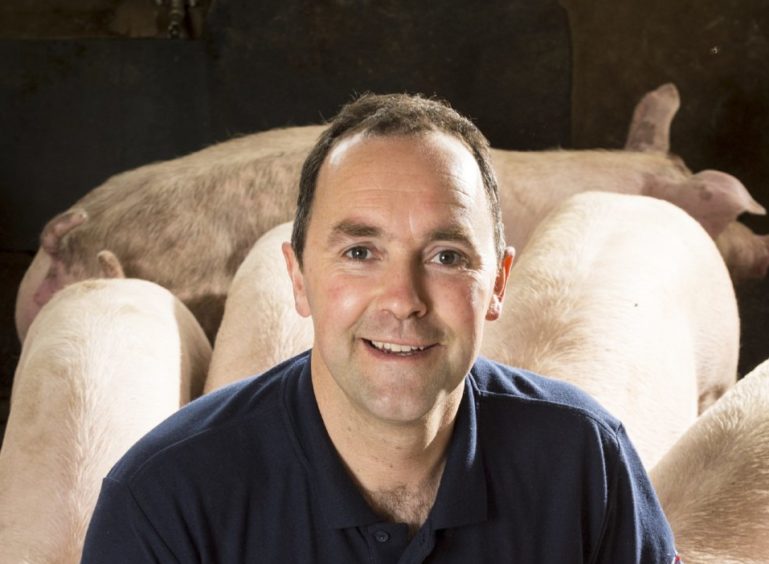Almost two years on from the first reports of fuel filter blockages in tractors, farmers say the issue hasn’t been resolved and they are continuing to shoulder the cost of repairs, new filter replacements and vehicle down-time.
The problem is believed to be linked to the specification and standards of diesel fuel, but the farmers’ union says the introduction of improvements to fuel specifications has been too slow since the problem was first raised in October 2019.
NFU Scotland (NFUS) said the taskforce set up by the Department of Transport and British Standards Institution (BSI) 18 months ago had made “painfully slow” progress, and renewed its calls for urgent action.
Jamie Smart, the union’s transport adviser said: “The taskforce has had some small wins regarding changes to fuel specifications but getting those changes into the fuel supply chain have been delayed,” he said.
“Testing of fuel samples has shown that most fuels reach current standards, however given that some fuel is still blocking filters and causing vehicle breakdowns, it is simply not fit for purpose.
“As a result, fuel filter blockages in tractors and motorised farm machinery remain a regular and costly problem for many Scottish farmers and crofters.”
The union received more than 400 reports of costly filter blocking incidents from across Scotland in the early days of the problem, and members who are still having problems are advised to visit the fuel filter hub on the NFUS website
Union vice-president, Robin Traquair said the continued problems were unacceptable.
“As farmers and crofters, we are purchasing fuel from reputable suppliers and we need that fuel to be reliable for our businesses, so we can continue to put food on the nation’s table,” he said.
“The filter blocking issues have meant that some filters are lasting for a tiny proportion of their intended use.
“It isn’t the responsibility of farmers to ensure fuel is fit for purpose, but it is the situation we keep finding ourselves in. It’s up to BSI and the fuel chain to push forward with the specification changes.”


